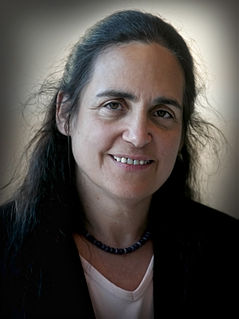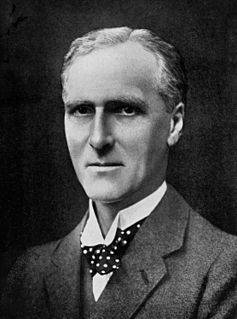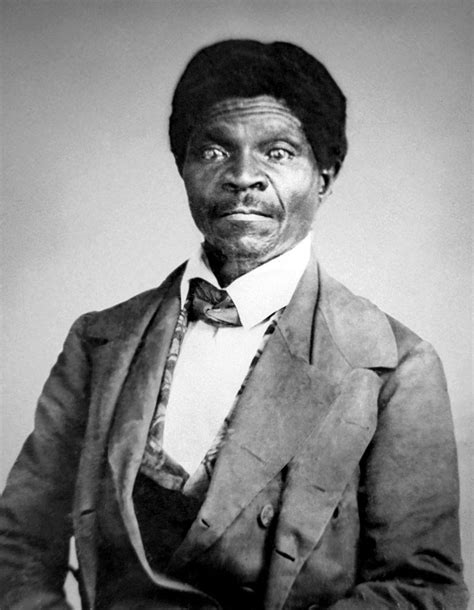A Quote by Margot Adler
The idea of polytheism is grounded in the view that reality (divine or otherwise) is multiple and diverse... Polytheism has allowed a multitude of distinct groups to exist more or less in harmony, despite great divergence in beliefs and practices.
Related Quotes
I studied the Quran a great deal. I came away from that study with the conviction that by and large there have been few religions in the world as deadly to men as that of Muhammad. As far as I can see, it is the principal cause of the decadence so visible today in the Muslim world and, though less absurd than the polytheism of old, its social and political tendencies are in my opinion more to be feared, and I therefore regard it as a form of decadence rather than a form of progress in relation to paganism itself.
"You ought to be ashamed," a woman in an Easter bonnet told Stein. "Your race gave us our religion..." "From ancient polytheism, the belief in lots of gods," the woman continued a little more eruditely, "the Hebrew nation led us on to the idea that there is only one." "Which is just a step from the truth," said Stein.
Externalists reject any such view. I think that the idea that we can tell, simply by way of reflection, whether our beliefs are justified, is deeply commonsensical. More than that, the idea that responsible epistemic agents ought to reflect on their beliefs, and hold them only if they somehow pass muster, is utterly natural.


































